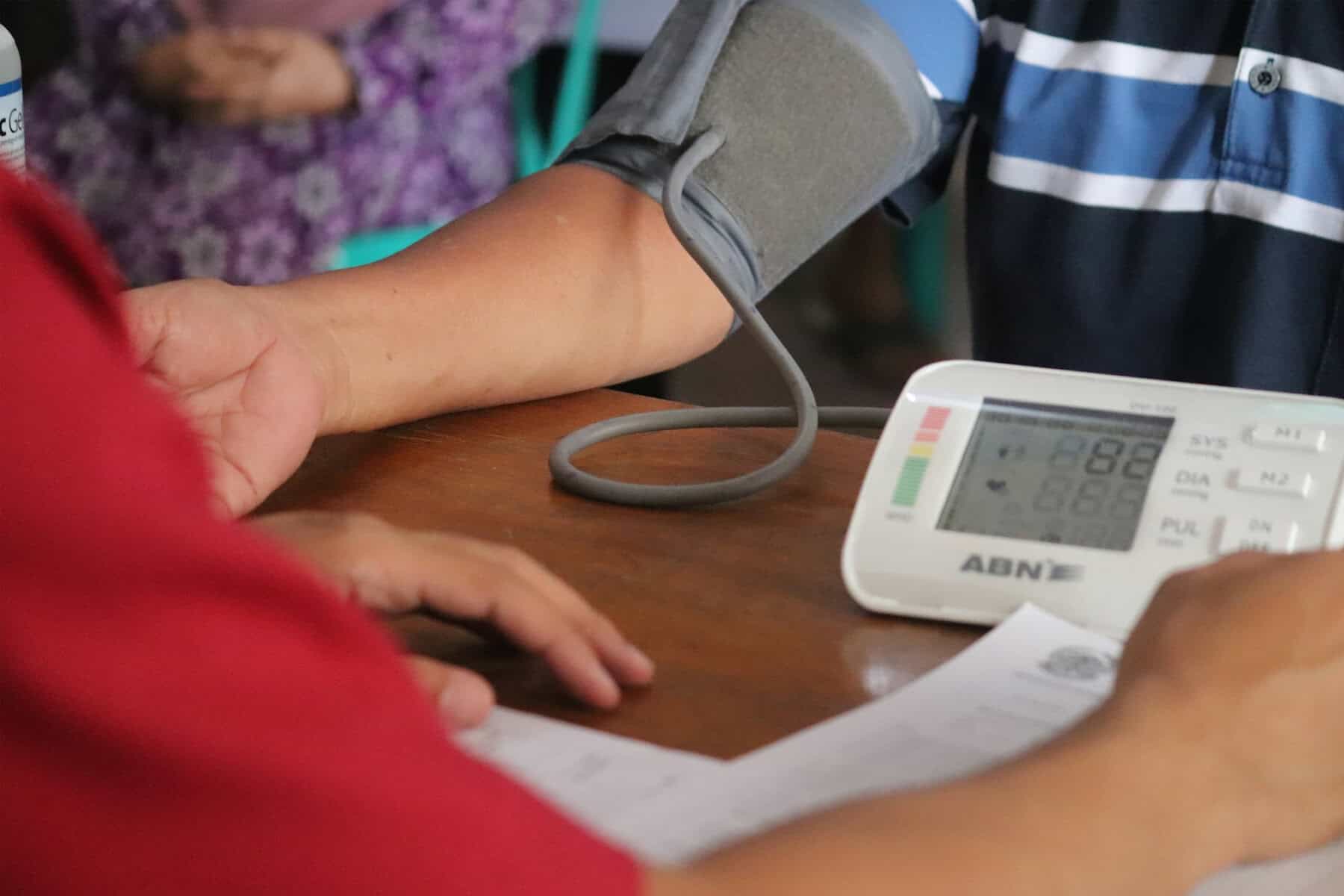Understanding the Importance of Routine Health Checks
Regular health checks play a crucial role in maintaining overall well-being and preventing serious medical conditions. They allow healthcare professionals to detect early signs of illness, assess risk factors, and provide personalised advice on maintaining a healthy lifestyle. Many serious conditions, including heart disease, diabetes, and high blood pressure, can develop silently without noticeable symptoms. Routine health screenings help identify these issues before they progress, allowing for timely treatment and management.
Health checks are not just about diagnosing illnesses; they also focus on improving long-term health. Regular assessments encourage people to adopt healthier lifestyles, make informed decisions about their well-being, and reduce the risk of chronic diseases. Preventive care through a general health check is key to ensuring better health outcomes.
Initial Consultation and Medical History Review
Discussing Personal and Family Medical History
At the start of a general health check, a doctor will ask about your medical history to assess potential health risks. This discussion covers past medical conditions, ongoing treatments, allergies, and any previous surgeries. Understanding personal health history helps identify patterns that could indicate a higher likelihood of developing certain conditions.
Family history is also a critical factor. If close relatives have experienced illnesses such as heart disease, diabetes, or cancer, you may have an increased risk of developing similar conditions. By discussing family medical background, doctors can recommend appropriate screenings and lifestyle modifications to help mitigate risks.
Review of Lifestyle and Habits
Lifestyle choices play a significant role in overall health. During the consultation, your doctor will ask about diet, exercise habits, smoking, alcohol consumption, and stress levels. These factors can directly impact conditions such as obesity, high blood pressure, and mental health.
Doctors use this information to provide tailored recommendations. For example, if someone leads a sedentary lifestyle, they may be advised to incorporate more physical activity into their daily routine. If dietary habits are poor, they may receive guidance on nutrition and portion control.
Physical Examinations and Vital Sign Checks
Blood Pressure and Heart Rate Measurement
Monitoring blood pressure and heart rate is an essential part of a general health check. Blood pressure readings indicate how effectively blood is circulating through the body. High blood pressure (hypertension) can increase the risk of heart disease and stroke, while low blood pressure (hypotension) may lead to dizziness and fainting.
Heart rate measurements help assess cardiovascular health. An irregular or excessively fast or slow heart rate may indicate underlying heart conditions.
Body Mass Index (BMI) and Weight Assessment
Weight and BMI assessments help determine whether an individual is underweight, overweight, or within a healthy range. BMI is calculated using height and weight measurements and provides an estimate of body fat. Although it does not account for muscle mass, it remains a useful tool for assessing overall health.
Excess weight can increase the likelihood of developing diabetes, heart disease, and joint problems. Doctors may offer dietary and exercise advice to support weight management and encourage healthier habits.
General Physical Examination
A routine physical examination involves checking various aspects of the body. This includes examining the skin for abnormalities, listening to the heart and lungs, and assessing reflexes and joint mobility.
Doctors may also examine the abdomen to detect any irregularities in the digestive system, palpate lymph nodes for swelling, and assess general muscle strength.

Routine Blood and Urine Tests
Complete Blood Count (CBC) and Blood Sugar Levels
A Complete Blood Count (CBC) measures red and white blood cells, haemoglobin levels, and platelets. This test helps detect infections, anaemia, and immune system disorders. Abnormal results may indicate underlying conditions.
Blood sugar tests assess glucose levels in the body and are vital for diagnosing diabetes. A fasting blood sugar test or an HbA1c test provides insights into long-term blood sugar control. Detecting high glucose levels early can prevent complications such as nerve damage and cardiovascular disease.
Cholesterol and Lipid Profile
A lipid panel measures cholesterol levels, including LDL (bad cholesterol), HDL (good cholesterol), and triglycerides. High LDL cholesterol levels contribute to the buildup of plaque in the arteries, increasing the risk of heart attacks and strokes.
Doctors use cholesterol test results to determine whether lifestyle changes or medications are necessary to lower cardiovascular risk.
Liver and Kidney Function Tests
Liver function tests assess enzyme and protein levels that indicate liver health. Conditions such as fatty liver disease, hepatitis, and cirrhosis can be detected through these tests.
Kidney function tests measure creatinine and blood urea nitrogen (BUN) to assess kidney efficiency. Impaired kidney function can result from conditions such as high blood pressure and diabetes.
Urine Analysis
Urine tests help diagnose infections, kidney disease, and metabolic disorders. A urine sample is tested for protein, glucose, and red or white blood cells. Abnormalities may indicate conditions such as urinary tract infections (UTIs) or kidney dysfunction.
Specialist Screenings and Additional Assessments
Heart Health Checks
For individuals at risk of heart disease, additional tests such as an electrocardiogram (ECG) or echocardiogram may be performed. These tests assess heart rhythm and detect abnormalities. People with high cholesterol or hypertension may benefit from more frequent heart health screenings.
Cancer Screenings
Cancer screenings are recommended based on age, family history, and risk factors. Common tests include prostate exams for men, cervical smears for women, and colon cancer screenings. Early detection improves treatment success rates.
Vision and Hearing Tests
Routine vision and hearing tests help detect early signs of deterioration. These tests are particularly important for older adults and individuals experiencing changes in sight or hearing.
Health and Lifestyle Recommendations
Personalised Advice for Better Health
Doctors use test results to provide personalised recommendations. Whether it’s improving diet, increasing physical activity, or managing stress, tailored advice helps individuals make positive lifestyle changes.
Follow-Up and Monitoring Plan
Follow-ups may be necessary based on test results. Individuals with chronic conditions such as diabetes or high blood pressure require regular monitoring. Scheduled check-ups ensure that treatment plans are effective and that potential complications are addressed early.
Taking Control of Your Health
Routine health checks are an essential part of maintaining overall health. They provide insights into physical condition, help detect diseases early, and allow individuals to take proactive steps toward a healthier lifestyle. Preventive healthcare plays a key role in reducing long-term health risks and ensuring a better quality of life.
Booking a general health check is a valuable investment in long-term wellness. By staying informed and addressing potential health concerns early, individuals can take control of their health and well-being.
Schedule a general health check at The Forbury Clinic today. Take the first step toward better health with expert-led screenings and personalised care.


